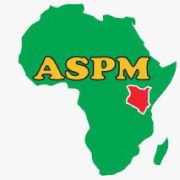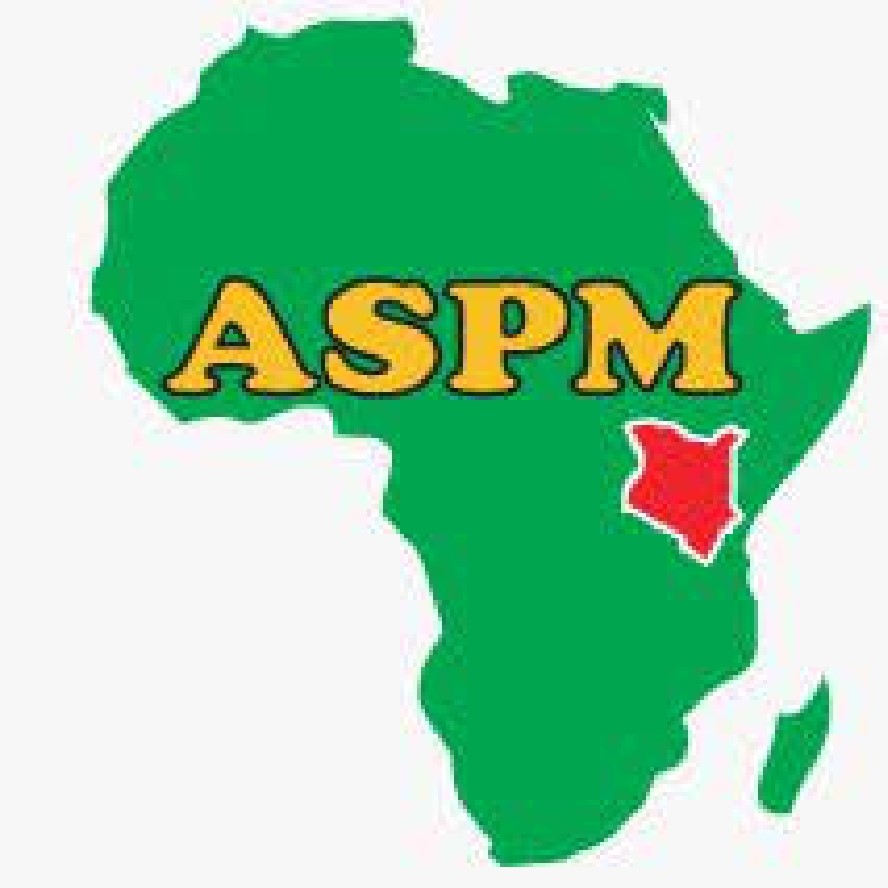Trade Logistics Facilitation and Management Training.
Course Overview
Trade logistics facilitation and management is crucial for the growth of African countries. Efficient trade is a cornerstone of economic development. Yet, complex border procedures, inefficient logistics, and outdated infrastructure create barriers that slow trade, increase costs, and limit opportunities—especially for developing countries. Trade logistics facilitation and management helps to streamline trade processes, strengthen logistics networks, and improve border coordination and management, ensuring that goods move faster, cheaper, and more predictably.
To compete in the global economy, traders require seamless supply chains, including efficient border management and clearance processes, as well as logistics infrastructure and services. These demands make the removal of supply chain bottlenecks critical to improving the competitiveness of low- and middle-income countries.
Course Objectives:
Upon completion of this course, participants will be able to:
- Understand the role and importance of trade logistics facilitation and management in international trade.
- Identify key components of trade logistics, including transportation, customs clearance, and documentation.
- Analyze modal transport service characteristics and markets;
- Synthesize policy dimensions with practical insights to develop recommendations for improving logistics and trade facilitation
- Evaluate the effectiveness of existing logistics and trade facilitation measures, policies, and strategies, considering their impact on trade costs, time, and reliability
- Implement best practices for streamlining trade logistics operations and reducing trade barriers.
- Develop an action plan for implementing effective trade logistics facilitation and management practices in their organization.
- Stay updated on emerging trends and developments in trade logistics facilitation and management.
Learning modules
Trade Logistics Facilitation Discourse
- Overview of trade logistics principles and concepts
- Importance of trade logistics facilitation in international trade
- Key international organizations involved in trade facilitation
- Overview of the WTO Trade Facilitation Agreement
Global Trade Agreements and Regional Economic Integration
- Overview of major global and regional trade agreements
- Impact of trade agreements on tariffs and non-tariff barriers
- Rules of origin and their implications for preferential trade
- Dispute settlement mechanisms in international trade
- Emerging trends in trade policy and regional integration
International Customs Procedures and Documentation
- Understanding customs regulations and requirements
- Harmonized System (HS) codes and tariff classification
- Essential import and export documentation
- Customs valuation and rules of origin
- Automated customs systems and electronic declarations
International Transportation and Logistics
- Overview of different modes of international transportation (sea, air, land)
- Incoterms and their implications for logistics responsibilities
- Freight forwarding and customs brokerage services
- Packaging, labelling, and documentation for international shipments
- Managing cross-border transportation challenges
Customs Clearance and Documentation
- Customs clearance process and procedures
- Import and export documentation requirements
- Harmonized System (HS) codes and classification
- Customs valuation and tariff classification
- Trade compliance and regulatory requirements
- Case studies: Managing customs clearance and documentation challenges
Legal and Regulatory Aspects of International Trade
- International trade law and conventions
- Intellectual property rights in international trade
- Sanctions and export controls
- Dispute resolution mechanisms in international trade
- Ethical considerations and compliance in global trade
Trade Finance and Risk Management
- Trade finance instruments and mechanisms
- Letter of Credit (LC) and documentary collections
- Managing trade finance risks and fraud prevention
- Trade credit insurance and guarantees
- Trade finance compliance and regulations
The role of technology in modern supply chains
- Electronic data interchange (EDI) and API integration
- Blockchain technology and its applications in trade finance and logistics
- Internet of Things (IoT) and real-time tracking systems
- Artificial intelligence (AI) and machine learning in logistics optimization
- Future outlook for trade logistics management
Training Evaluation:
Participants will undertake a simple assessment before the training to gauge knowledge and skills, another assessment will be done after the training in-order to demonstrate knowledge gained through the training.


